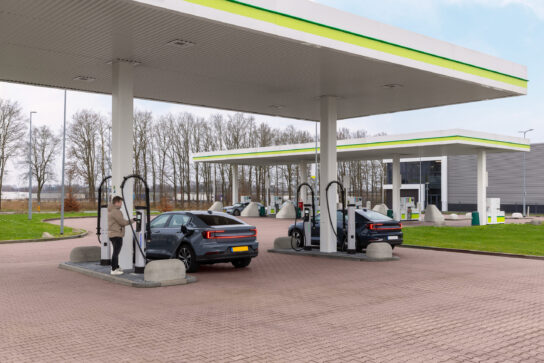DSEAR – Why comply?
In contrast to the forecourt industry where fuel handling and storage is the core of the business, Fleet customers have a primary business that benefits from the storage of fuel on-site, however, responsible parties are unlikely to be experts in the hazards and environmental risks associated.
What legislation applies to fuel storage?
In addition to the usual workplace health and safety regulations and the Provision and Use of Work Equipment Regulation (PUWER) there are additional pieces of legislation that anyone storing fuel needs to be aware of.
1. The “Oil Storage Regulations” (2001/2954 in England; 2016/359 (W.112) in Wales; 2006/133 in Scotland) – for above ground liquid fuel tanks
2. The Dangerous Substances and Explosive Atmospheres Regulations “DSEAR”
3. The Planning (Hazardous Substance) Regulations 2015
4. The Control of Major Accident Hazards Regulations 2015 (COMAH)
The Oil Storage regulations apply to the storage of liquid fuel in above-ground tanks in quantities greater than 200 litres.
DSEAR applies to any “dangerous substance”, so that covers gaseous fuels as well as petrol, diesel and ethanol, regardless of the quantity of substance being stored or where it is stored.
In addition, if petrol is stored on the premises then a licence may be required under The Petroleum (Consolidation) Regulations 2014. Also, potentially, various vapour recovery regulations need to be followed.
Where can I find best practice guidance for storing and managing fuel?
There are guidance documents that offer varying levels of advice on how to comply. The law doesn’t usually recognise these guidance documents, with the exception of the HSE Approved Code of Practice (ACoP) L138 on DSEAR, however, they are seen as ‘best practice’ advice.
For example, “Design, construction, modification, maintenance and decommissioning of filling stations” (known as the Blue Book) which is published jointly by the Association for Petroleum and Explosives Administration and the Energy Institute, is the guide used for enforcement of the Petroleum Consolidation Act even though the act itself doesn’t refer to it.
The Oil Storage Regulations are a piece of environmental legislation and therefore policed by the respective environment agency for each nation. This means that it is unlikely that there will be a random check-up to make sure businesses comply but if there is an environmental incident compliance will immediately be assessed and prosecutions will reflect this.
DSEAR comes under health and safety legislation and therefore a spot check by an HSE officer is a possibility. Obviously, in the case of an accident, compliance will be checked and again, any prosecution would reflect this.
DSEAR is more difficult to follow than the Oil Storage Regs because these kind of UK laws are not prescriptive. It talks about risk assessing “the circumstances of the work” and about defining hazardous areas – but doesn’t actually tell you how to do that. This leaves employers in the position of having a legal duty of care to comply but not having the knowledge and experience of fuelling to do so.
The Planning (Hazardous Substance) Regulations 2015 sets thresholds above which approval must be obtained from the Local Planning Authority for the storage of liquid and gaseous fuels. The Control of Major Accident Hazards Regulations 2015 (COMAH) has lower and upper tier thresholds for more significant quantities.
It is worth noting that some customers operate “COMAH premises” due to other substances stored on site – such as spray paint in a car manufacturing plant – but that operation affects ALL substances stored on site even though the fuel may be well under any threshold.
Does your business need a site audit to assess compliance with DSEAR and other relevant legislation? TSG UK provides site audits and DSEAR Assessments to enable you to remain compliant with current national legislation.
Click here for more information or contact us to find out more.



